May 2025
Next Generation Sequencing (NGS) enables proteomics discoveries at scale
Unlock unprecedented biological insights with the broadest coverage of the proteome using Illumina Protein Prep (IPP).
By combining ultra high–plex proteomics assays with the power and scalability of NGS, the IPP solution enables simultaneous interrogation of thousands of proteins in a single sample.
Learn more about the 9.5k panel (available in Early Access) and maximize the discovery power of proteomic studies.
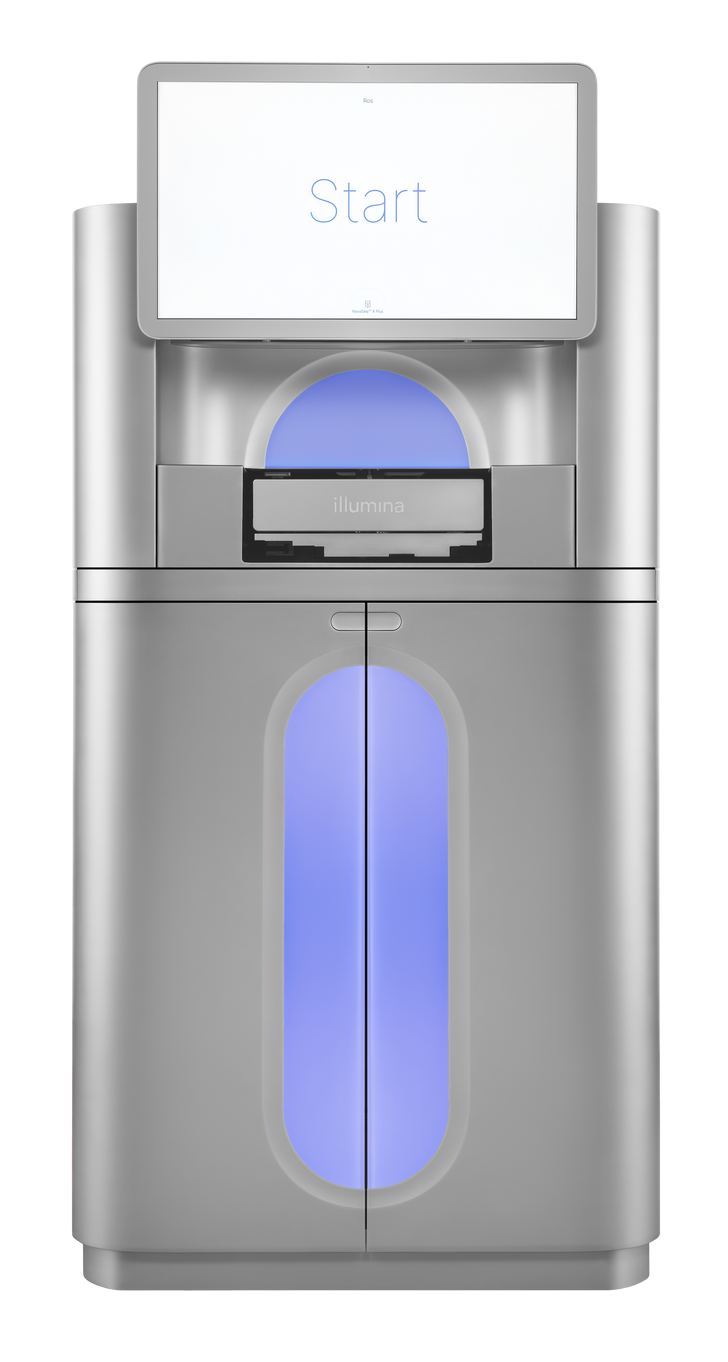



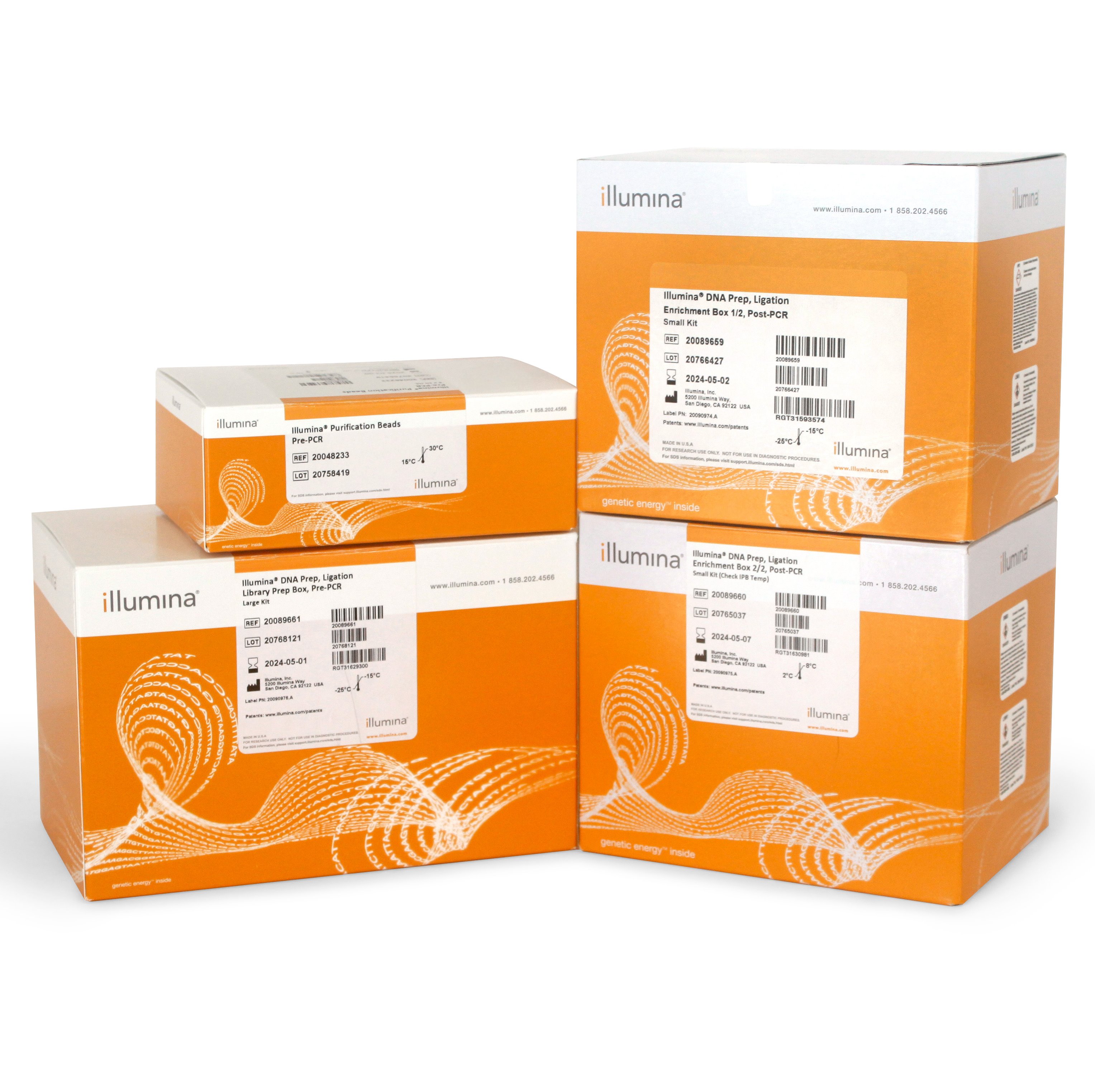

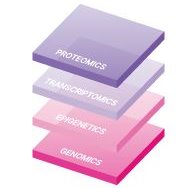
Did you know?
Give me details
Let’s set the record straight, not all single-cell workflows require microfluidics.

Break away from microfluidics with Illumina Single Cell 3’ RNA Prep Kits
Most existing single-cell methods rely on microfluidics to create the thousands of droplets needed to isolate each cell, which in turn limits the cell types that researchers can study. In this article, learn about the benefits of the Illumina single-cell workflow and break away from microfluidics.
What revolutionary technology is often referred to as “biological scissors”?
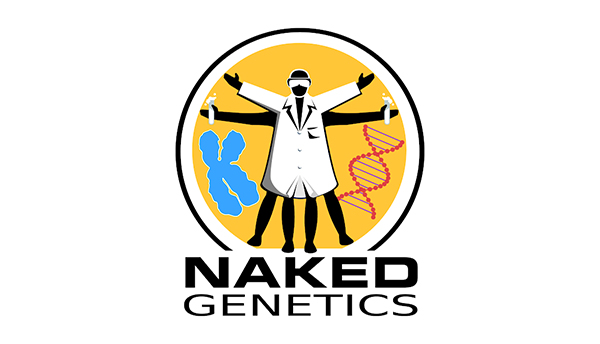
The gene-editing technology, CRISPR (clustered regularly interspaced short palindromic repeats) is also referred to as “biological scissors.”
This revolutionary technology enables gene editing with incredible precision. Our friends at the Naked Genetics podcast dig deeper into the topic.
Listen to Naked Genetics podcast
Innovations to enable multiomics
Epigenetics studies using Infinium™ methylation microarrays
Learn more about using Infinium methylation microarrays for epigenetic research, from thoughtful study design to insight-driven data analysis.
Driving genomic discovery with NextSeq™ 2000 at the Centre for Applied Medical Research University of Navarre (CIMA-UNAV)
Discover how the CIMA Institute in Pamplona, Spain, is leveraging the power of the Illumina NextSeq 2000 with XLEAP-SBSTM Chemistry to advance their genomic research. In this video, we highlight the research projects supported by this core laboratory and how Illumina’s cutting-edge technology is helping them to drive genomic breakthroughs.
Multiomics in action
Publication highlights from the research community
Proteomics
Epigenomics
Proteomics + GWAS
Genetics of circulating proteins in newborn babies at high risk of type 1 diabetes
Lead author, Mauro Tutino, and his team at Helmholtz Zentrum München have published a study characterizing the biology of Type 1 diabetes (T1D) by combining the analysis of genetic markers with circulating blood proteins in newborns. Through the integration of these biomarkers, protein quantitative trait loci (pQTL) can then be used to reveal key pathways and elucidate specific proteins involved in T1D, with the goal of identifying new therapeutic targets to provide improved treatment or ultimately, to prevent T1D.
Learn more about Illumina Protein Prep solution
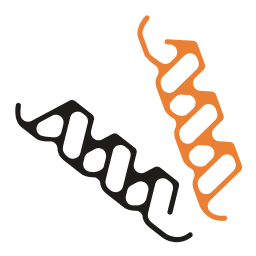
Proteomics
Epigenomics
Proteomics + GWAS
Lactate controls cancer stemness and plasticity through epigenetic regulation
Using single-cell and ATACseq methods in this publication from the Netherlands, researchers study cancer stem cells (CSCs) and describe the important role of lactate in regulating tumor dynamics, to suppress CSC differentiation and induce dedifferentiation into a proliferative CSC state. The results of this study can lead to a better understanding of tumor resistance and relapse.
Learn about methylation microarray solution for epigenetic research
Proteomics
Epigenomics
Proteomics + GWAS
Cerebrospinal fluid proteomics in patients with Alzheimer’s disease reveals five molecular subtypes with distinct genetic risk profiles
Researchers at Alzheimer Center Amsterdam performed a combined analysis of Alzheimer’s disease (AD) risk variants from a recent genome-wide association study (GWAS) with protein analysis from cerebrospinal fluid (CSF) using mass spectrometry. Identification of five molecular subtypes showed that each subtype was associated with distinct AD genetic risk factors. For example, one subtype with RNA dysregulation shows aggressive disease progression. Different clinical outcomes and survival times are associated with each subtype which further underscores the need for personalized medicine.
Learn about Illumina Protein Prep solution

Educational resources to learn more
Genomic Innovation Roadmap from Illumina
Genomic Innovation Roadmap from Illumina
Dive into the future of proteomics, epigenomics, single-cell, and spatial biology with top experts from Illumina, Stanford, and NYU Langone. Don't miss out on these groundbreaking insights, register to access to the On Demand recording.